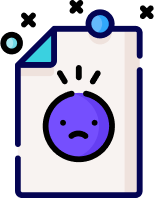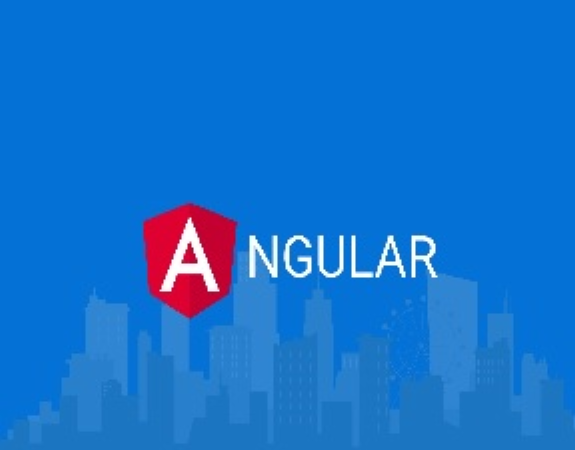What you will learn
-
Angular
-
IT
-
Software Development
Angular is a Typescript based frontend application framework developed by Google for their app development and later its been released to the development community as open source. The first version of the framework started back in 2009 and laid to the foundation for the present-day front-end application development. There are two different versions of Angular Framework Angular JS – referring to the 1.x versions Angular – referring to the 2.x versions [The complete rewrite of Angular JS in Typescript and Advance JavaScript] In this course, Angular beginners guide – we will cover the fundamentals and features that Angular provides us to build a single-page application. Why Angular? In market, we have many frameworks to develop front end applications like React, Vue etc. Below points, helps you to understand why Angular suites best if you chose it for your development. Angular is developed by Google and framework itself is written in Typescript Language which is developed by Microsoft. So, framework is backed by Leading IT Giants in the industry. Angular has huge developer community and you get support for almost any scenarios you come up to implement, in simple - not needed to reinvent the wheel. Angular has moderate learning curve and developers, who works with backend programming languages can easily adopt in front end development with Angular since framework enforce us to use Typescript which is like any statically type programming languages like C, C++, Java etc. Angular framework comes with one stop shop for all your application development needs. It means it has support for many front-end needs like handling form, ajax part, web animations, routing and reactive concepts etc. Following are the real time applications written in Angular. YouTube, Gmail, Netflix, Walmart and PayPal etc. Course Content Introduction Local environment setup Introduction to Annotation and its usages in Angular Core concepts Angular Modules Routing & Navigation UI Declarations Component Data Binding Lifecycle hooks Component Interaction Directives Pipes Dependency Injection in Angular Introduction to RxJS Demo Certificate : On successful Completion of the Course, the Certificate will be Issue to participant.



Useful Links

Local environment setup for building an Angular Application-Prerequisites

Local environment setup for building an Angular Application - Step by Step

Online IDE Tool - Stackblitz

Local Environment Setup


Introduction To Annotations And Its Usages In Angular Application

Annotations and Decorators

Decorators


Angular Modules,Routing & Navigation

Angular Modules

Routing & Navigation


UI Declarations


Components

Data Binding, Lifecycle hooks, and Component Interaction

Component - Lifecycle Hooks and Interaction

Directives and Pipes

No Discussion Found
0.0
0 Reviews
Meet Your Instructor
About Instructor
Kriatec Services Private Limited

₹ 1200.00
-
Course Duration10 min 0 sec
-
Course LevelIntermediate
-
Student Enrolled3
-
LanguageEnglish
This Course Includes
- 10 min 0 sec Video Lectures
- 14 Quizzes
- 0 Assignments
- 0 Downloadable Resources
- Full Lifetime Access
- Certificate of Completion
